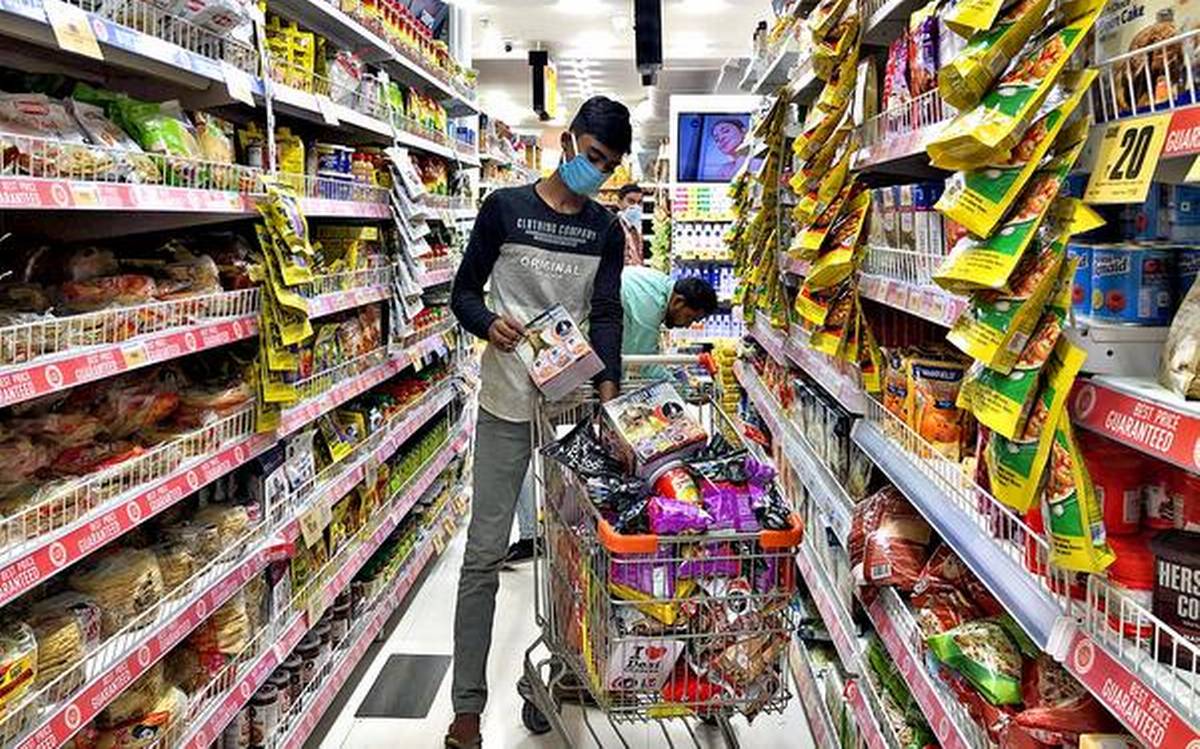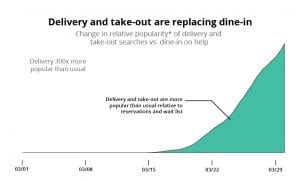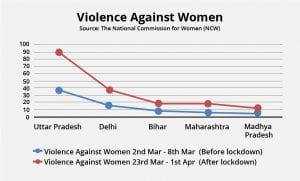
Behaviour change during lockdown a result of non-fulfilment of needs
With COVID-19 related news and forwards flooding WhatsApp and social media, the current pandemic has opened a Pandora’s box of behavioral changes in some sense.

With COVID-19 related news and forwards flooding WhatsApp and social media, the current pandemic has opened a Pandora’s box of behavioral changes in some sense.
Imagine waking up to messages that scare about job loss of roughly six million which is seven times higher than the job-cuts during the 2009 recession in a single month.
The novel coronavirus, notorious as it may be, has infamously earned the wrath of every individual and people are even remotely yet to understand how deadly a virus it is. Perhaps it has stopped the entire world dead on its track. Aircrafts grounded, trains stopped, shops and establishments shut, offices closed and people locked within four walls. In short, it has spread fear for life across all sections of society, ethnicity, nation and continent.
Even the mightiest Western governments in the world who have the ability to eliminate all of wo/mankind in minutes are simply unable to prevent the contagion and limit its outbreak. Advanced nations in the West are unable to cope up with medical supplies as masks, personal protective gears and ventilators are running out of stock. This is leading to infection among medical care professionals during the pandemic.
This situation is adding to the torment that carries psychological burdens and deepens the traumatic experience, which further complicates the psychological wellbeing of the masses.
Most of our lives have been confined within the home including managing office schedules, babysitting, answering office calls, with no maids coming in and the only entertainment being household chores and other escapist pastimes like Netflix or television.
Such externally imposed stringent regulations that are essential to contain the virus spread, however, could make a considerable impact upon the state of mind and behavioral aspects of individuals, including chronic loss of free choice, daily stigma, emotional flatness and a feeling of being unfulfilled.
Weeks before lockdown, we saw a lot of behavioral changes among people. The likes of panic buying, ditching friends and distant family for dinner, dumping social gatherings, washing hands frequently, avoiding public transport and even restricted dining at Chinese restaurants.

Historic events show this kind of mass hysteria is commonly felt during pandemics through fear. Some argue that the unprecedented lockdown could exhibit changes in the relationship between individuals and countries, the most recent being behavioral/diplomatic change between Russia and the USA. Vladimir Putin sending medical aid to Trump’s administration is a globally watched move that showcases the change in behavioral position despite the fact that Russia is subject to numerous US sanctions.
Maslow’s needs in COVID-19 lockdown
Going by the guiding principle of ‘needs’ must’, i.e. we don’t do what we want to do, we do what we need to do, Maslow’s motivational theory of human needs could be used to identify the psychological onslaught the situation is likely to cause, leading to various behavioral abnormalities in different sections of society.
Often depicted in hierarchical levels within a pyramid, it is a model for understanding our changing and complex needs and asks us to reflect on our lead need.
At the bottom level of the pyramid lies the physiological needs for air, food, shelter and water. For those who do not have this need fulfilled, this pandemic is only adding to the chaos in their life.
Once that need for certainty of physiological needs is fulfilled, a new need becomes dominant which is the need for belonging or love and connection within family, friendship and social interactions. The frustration of not fulfilling this need creates stress, strain and unhappiness. Within families, it can constrain interpersonal intimacy, relationships and trust. Friendships could become hassled due to activity restrictions that reduce the sharing of pleasurable events.
Once these needs are fulfilled, the next need is one’s esteem needs, from self and others, i.e. the need for significance. The economic impact of the pandemic, in particular, of the ‘breadwinner’ of the household to provide for their family is surely set to damage men and women’s need for significance, particularly if women have a reduced status at home than they do at work.

The next dominant need is uncertainty or variety, to know and understand that one thing leads to another. These now people who ‘want it all and want it now’ are liable to feel frustrated and restless by this temporal change and pace of life.
Finally, the highest level of self-fulfillment and self-transcendence, to grow and contribute, where one self-actualises to achieve their full potential so they can give back to society. Top achievers in different fields who are actively working to the zenith can experience a void in their life if this is not fulfilled.
Having seen the likely behavioral outcomes at an individual level of people at various hierarchical levels of need, there also remains the societal aspect that could result in severe behavioral repercussions.
While we understand the reason to stay self-isolated and maintain social distance, it would be prudent to manage conflicts and misinformation which is the fundamental element that causes stress and behavioral changes.
If we have to get rid of COVID-19, the simplest yet toughest way is to keep our behavior consistent with our needs and personal values. It is wise not just to follow guidance of health officials and government but recognise this could go a long way to the path of recovery from the current crisis. It is this behavioral change that could lead us back to our normal routines.
(Dr. Rahul is a visiting faculty at Loyola College, Chennai. He is a business behavioral consultant and HR professional.)
(Dr. Scott Lichtenstein is Associate Professor at Birmingham City Business School, UK. He is a qualified coach and runs EVS Consulting that administers the Personal Orientation Survey (POS) and report.)

